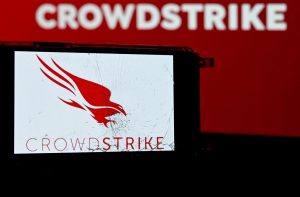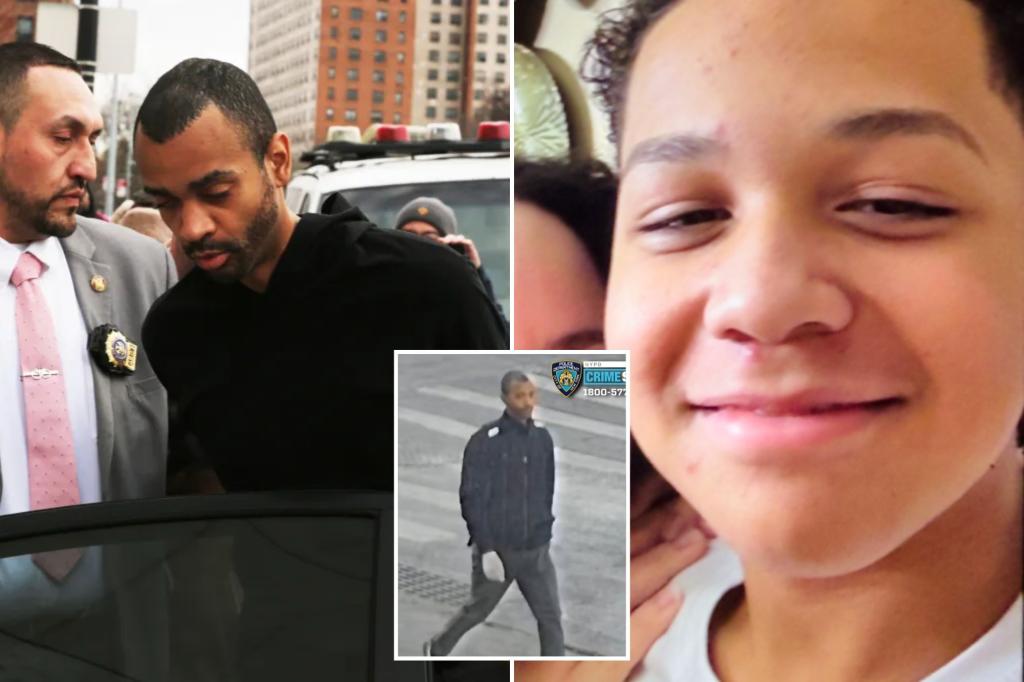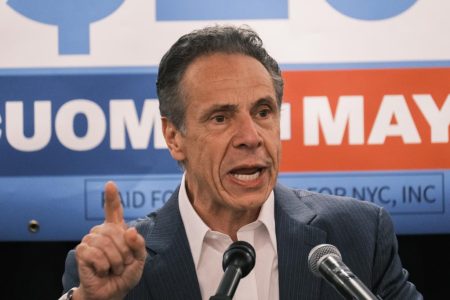The quiet morning of January 13, 2023, was shattered by a horrific act of violence in the Bronx, New York City. Fourteen-year-old Caleb Rios, on his way to school, was fatally stabbed in the chest on East 138th Street. The suspect, 29-year-old Waldo Mejia, a resident of the same block as the victim’s family, was apprehended and charged with second-degree murder, attempted murder, and other offenses. This tragic incident has left a community reeling and ignited a renewed debate about the efficacy of the legal system in handling repeat offenders with mental health issues. The randomness and brutality of the attack have left an indelible scar on the neighborhood, underscoring the pervasive fear and vulnerability felt by residents.
Mejia’s arraignment descended into chaos as he erupted in a series of incoherent pronouncements referencing the “White House” and “al-Qaeda.” This outburst, observed by court officers and his temporary legal counsel, Paul Horowitz, painted a stark picture of a deeply disturbed individual. Horowitz subsequently withdrew from the case, citing the suspect’s erratic behavior and nonsensical ravings. The court remanded Mejia and ordered a psychiatric evaluation, a move indicative of the apparent severity of his mental state. This episode raises crucial questions about Mejia’s competency to stand trial and the broader issue of effectively addressing mental health within the criminal justice system. His outbursts suggest a profound disconnect from reality, further complicating the legal proceedings and adding another layer of tragedy to an already devastating event.
The details surrounding Caleb Rios’s final moments are particularly heart-wrenching. As he lay dying, the young boy managed to call his father, expressing his fear and inability to breathe. Bronx District Attorney Darcel Clark revealed this agonizing detail during a press conference, highlighting the profound trauma experienced by the Rios family. The utter senselessness of the crime and the raw grief of the family ignited public outrage and prompted NYPD Commissioner Jessica Tisch to criticize the legal system’s perceived failure to adequately address repeat offenders and individuals grappling with severe mental illness. Tisch’s statement underscored the systemic issues that contribute to such tragedies and emphasized the urgent need for reform.
The attack on Caleb Rios was not an isolated incident. Mejia was also charged with attempted murder for a separate stabbing that occurred a week prior, on January 5th. In this incident, Mejia allegedly stabbed a 38-year-old man with such force that the knife penetrated his arm and entered his chest cavity, causing life-threatening injuries. This previous act of violence, revealed through court documents, further underscores the danger Mejia posed to the community. It raises questions as to whether earlier intervention could have prevented the tragic death of Caleb Rios and highlights the potential consequences of a system struggling to manage individuals with a history of violence and mental instability.
Mejia’s documented history of criminal activity and mental illness paints a disturbing picture of a troubled individual who repeatedly evaded effective intervention. His past offenses included a 2017 arrest for possessing a loaded 9mm pistol and a 2019 arson charge stemming from setting fire to his ex-girlfriend’s building lobby. While he pleaded down the arson charge to reckless endangerment and received a conditional discharge, these incidents clearly demonstrate a pattern of escalating dangerous behavior. The failure to adequately address these prior offenses within the legal and mental health systems tragically paved the way for the fatal attack on Caleb Rios.
Beyond the formal charges, Mejia’s behavior had become a source of terror for his neighbors. One resident recounted Mejia’s menacing actions, including stabbing a Ring doorbell camera with a large knife and attempting to kick in the resident’s door. This account reveals a climate of fear that permeated the neighborhood and underscores the vulnerability felt by those who lived in close proximity to Mejia. Another neighbor, living directly below the suspect, described Mejia as “insane” and detailed his nightly outbursts and unsettling demeanor. These firsthand accounts provide a chilling glimpse into Mejia’s escalating instability and the very real threat he posed to his community. They reinforce the tragic reality that Caleb Rios’s death was not an unpredictable event but rather a horrifying culmination of unchecked mental illness and escalating violent tendencies. The community’s collective fear and the knowledge of Mejia’s volatile behavior further highlight the systemic failures that allowed this tragedy to unfold.










